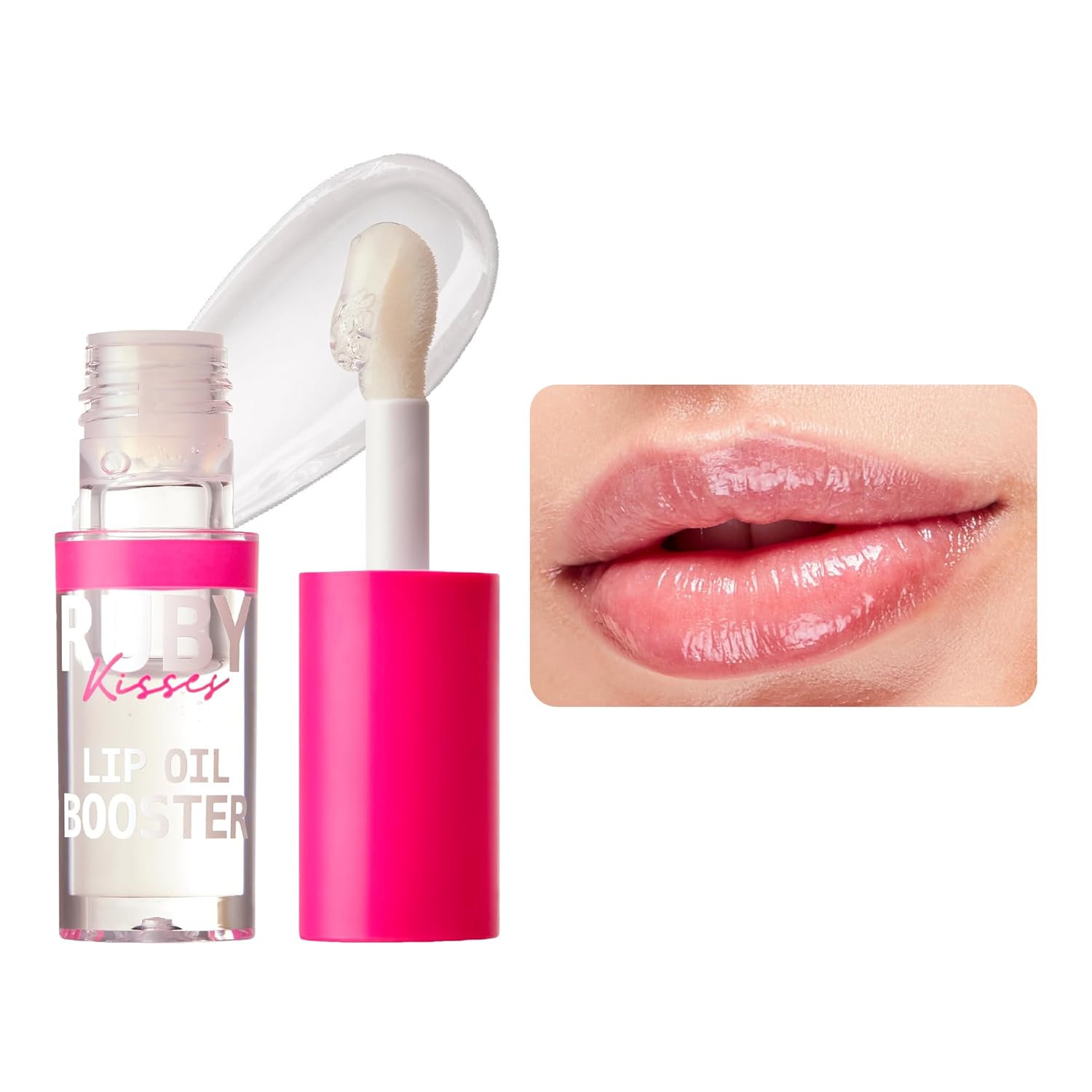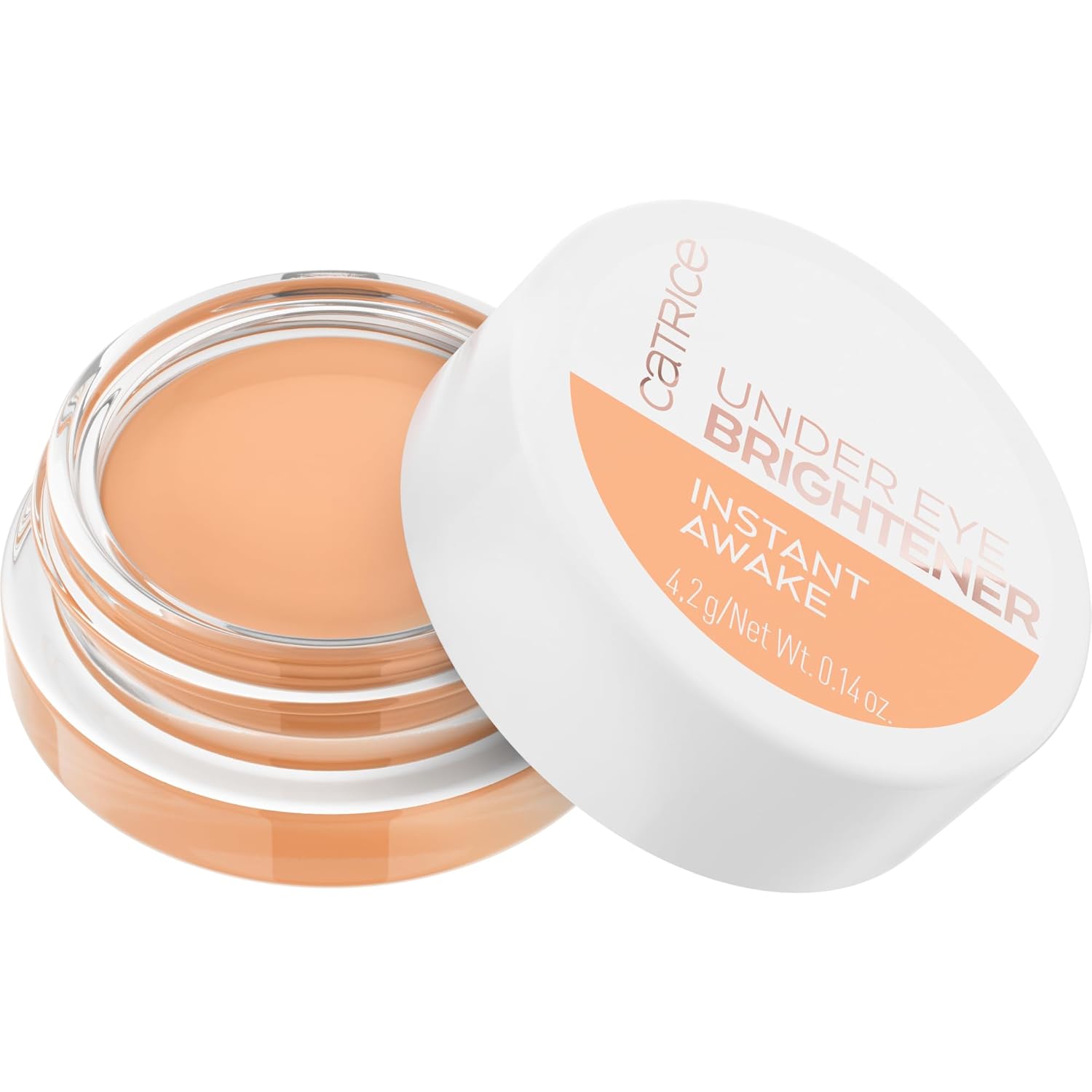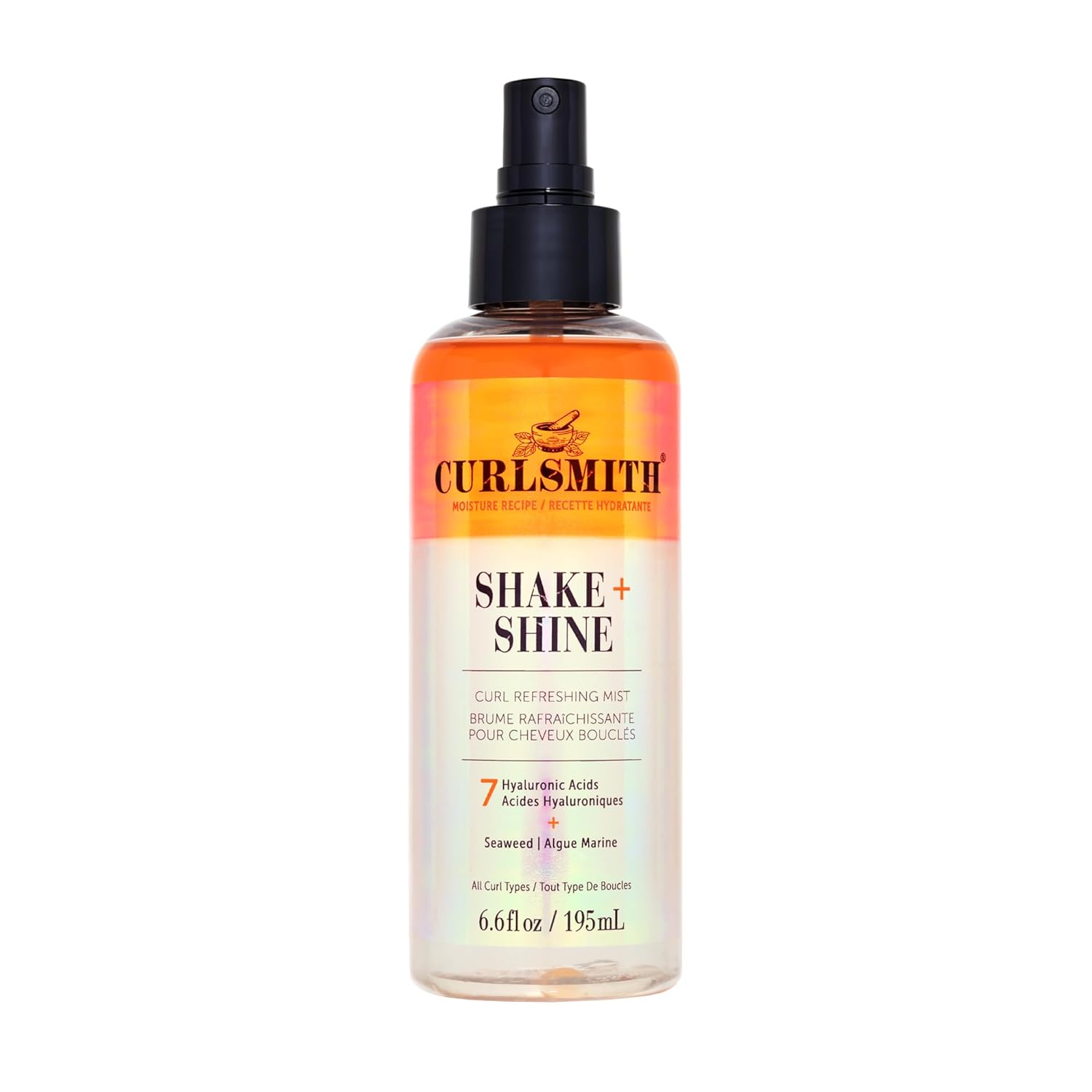

Photo by Mateus Campos Felipe on Unsplash
When I’m not sitting in front of a laptop (which is a lot”>, something else that I do is provide birthing assistance; in other words, I’m a doula. And when I’m working in this lane, something that I try and prepare mothers for (especially when they are either trying to conceive or within the first trimester of their pregnancy”> is the changes that their body will go through — this includes when it comes to their hair.
How does pregnancy affect hair?
You know, it really is unpredictable, what can happen to your locks during this stage of your life because, while some pregnant women end up seeing their hair looking longer and fuller than ever before, others experience a vast amount of shedding and thinning. Why? Because when your hormones are kind all over the place, one of the areas where you’re going to see proof of this is on top of your head.
That’s why, if you happen to be someone who is considering getting pregnant in the upcoming weeks or months or you currently are and you’re wondering what you can specifically do to keep your hair in great condition, here are some tips that can help to give you the results that you are looking for.
1. Take prenatal vitamins beforehand
At the end of the day, prenatal vitamins are kind of like vitamins on steroids because they contain an extra dose of what your system needs when you’re carrying a baby. While some women take them, even when they aren’t pregnant (or trying to get pregnant”>, that isn’t always the best idea because the extra doses could prove to do more harm than good over time. However, if you are trying to conceive, the extra choline, folic acid and Vitamin D (more on that in a sec”> that you need in order to boost your fertility and make your pregnancy easier are definitely in most prenatal vitamins. This means taking them (even a year before getting pregnant”> can certainly work in your favor — not just when it comes to your health but the condition of your hair too because as your body is taking in extra nutrients to protect your pregnancy, the prenatals will prevent your hair from being zapped of what it so desperately needs to thrive.
2. Up your Vitamin D intake
Here’s the thing about Vitamin D — somewhere around 42 percent of our population is deficient. This is pretty problematic because when you don’t have enough of this nutrient in your system, it can result in muscle weakness, bone discomfort, extreme fatigue and depression. That’s why it’s really important to get sun exposure, to eat foods like salmon, egg yolks and mushrooms and to consider taking a Vitamin D supplement. This is even more imperative when you’re pregnant or trying to get pregnant because a lack of this vitamin can result in developmental challenges (while in the womb”> for your child or a bout of preeclampsia (high blood pressure that can occur around the 20th week of your pregnancy”>. As far as your hair goes, Vitamin D deficiencies are directly linked to alopecia and, because the nutrient is attributed to building strong hair follicles, a lack of it in your system could ultimately lead to lots of shedding . As far as how much you should take, this is a somewhat debatable topic, so make sure to consult with your doctor first.
3. Eat foods that will keep your hormones balanced
In order to conceive, your hormones are going to need to be balanced. Then, after getting pregnant, you’re going to need to be intentional about making sure that your progesterone levels aren’t low. Drinking lots of water, eating foods that are high in protein (like meat, beans, almonds, Greek yogurt and lentils”>, consuming cruciferous veggies (like broccoli and cauliflower”> and taking a probiotic can definitely help you on the balancing front. As far as your progesterone levels go, foods that are high in omega-3 fatty acids (such as chia seeds, Brussels sprouts, avocados and navy beans”> can raise these levels in an all-natural way. And since omega-3s can get nutrients to your hair follicles, moisturize your hair strands and reduce scalp inflammation, they are definitely beneficial when it comes to maintaining healthy hair — before, during and after your pregnancy.
4. Give yourself consistent oil-based scalp massages
Aside from the fact that scalp massages are proven to reduce stress levels (which is always helpful when you are trying to get pregnant or are pregnant”>, they are really good for your hair as well. Because they’re able to literally stretch out the cells of your hair follicles, scalp massages are an effective way to thicken your hair over time, if thinning is something that you’re concerned about. And, if you apply a little oil to your fingertips, sweet almond can strengthen your hair, avocado can stimulate blood circulation to your scalp and sesame is wonderful when it comes to soothing your scalp and moisturizing your hair, so that you can reduce your chances of ending up with split ends.
5. Drink lots (and lots”> of water







When you’re trying to get pregnant, you definitely need to up your intake of water because dehydration can throw your cycles off (which makes it more challenging to get pregnant”>, reduce the amount of cervical mucus that you produce (which makes it difficult for sperm to get transported to your fallopian tubes”> and for cell division to transpire once the sperm does reach your egg. And your hair? Not only can a lack of water hinder your hair growth, it can cause it to become dry and brittle which can ultimately lead to breakage. So, if you’re serious about getting pregnant (and carrying a child to term”>, water should definitely become one of your absolute best friends. Hands down.
6. Let the chemicals go
Here’s the thing about this particular point — there are impassioned opinions, on both sides of the fence, about whether or not chemical-based hair treatments like relaxers and permanent dyes are good or bad for you during your pregnancy. As a doula, my two cents would be to err on the side of caution and go without them. If the thought of that totally freaks you out, look at the months leading into preparing to get pregnant and then seeing a positive sign on your pregnancy test as a time to get a protective style, to wear blow-outs, to flat iron your hair and/or, as color goes, to experiment with a semi-permanent dye or to try some henna or color wax. That said, if you absolutely MUST, at least try and ride the first trimester out. Because it is such a fragile time for anyone’s pregnancy, you want to make sure that you don’t take any unnecessary risks during that time.
7. Get more rest
Finally, get more rest. The reason why is because, when you are sleep-deprived, it can reduce your levels of progesterone, estrogen, Leptin, and Follicle-Stimulating Hormones (FSH”> — and you need all of these in order to conceive. Plus, a lack of rest/sleep can cause your melatonin levels to tank which can cause your cortisol (natural stress hormone”> levels to rise and that can ultimately cause hair loss as well. So, for the sake of your baby and your locks, no less than 7-8 hours, consistently so, is wise. This point is guaranteed. Happy baby-making!







